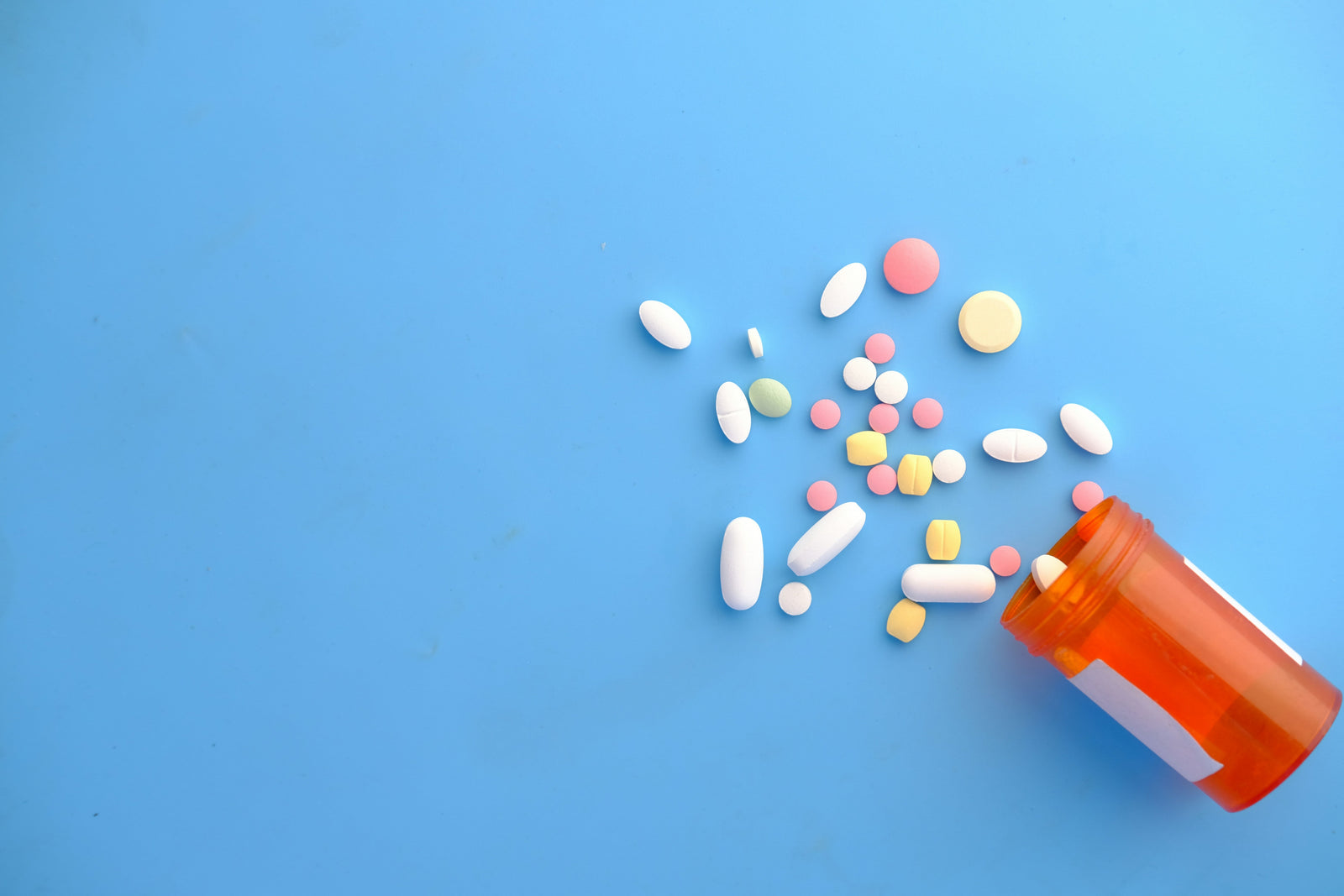Your Cart is Empty
Continue shoppingSugar Addiction In Kids: What Does It Mean For The Gut - Brain Connection?
Medically reviewed by Dr. Nicole Avena | Published November 15, 2022
share this article

The gut microbiome is composed of billions of bacteria, some good, some not so good. Most of the not-so-good bacteria gets killed off during digestion, which is a good thing! Others tend to live their lives in our gut making our digestion sluggish, our mental health lag, and our wellbeing suffer. This is mostly caused by poor dietary and lifestyle choices, which is then correlated back to continued poor gut health. Research has shown that the types of bacteria in our gut have an immense effect on our immunity and metabolism [1]. But, our brains may also play an important role in our gut health… and vice versa.
Gut-Brain Connection
The gut-brain axis basically controls what we want to eat and the choices we make based from our brains, but that decision is also affected by the bacteria in the gut. It is simply a never-ending loop. If the gut is filled with “bad” bacteria, they scream up to the brain that we want more unhealthy foods. The unhealthier foods we eat, the better the bad bacteria grow. This becomes an extreme issue in children and sugar consumption. Children’s guts have become conditioned to tell their brains they want candy and ice cream because many kid-friendly foods are filled with added sugar! Their cravings that are expressed by their gut translate to adults as them being picky eaters, essentially.
Daily reads to help your little ones lead happier and healthier lives.
Buy Now
Join the
Happy Gut Club
Early Exposure
Research has shown that early exposure to added sugar alters children’s gut microbiome independently of body weight and adiposity [2]. This discovery leads us to believe that even if your child has no struggle with weight or growth, their overall gut health is still affected by sugar, and therefore so is their brain. The altering of gut bacteria sends signals to the brain, keeping them addicted to sugar. Sugar addiction can carry into teenage and adult years and can cause other issues from skin to heart health. The gut brain axis plays an important role in countering sugar addiction and balancing the gut microbiome for good.
Breaking the Sugar Addiction
Breaking your child’s sugar addiction can be a challenge because they are used to eating foods they enjoy eating. Building better habits starts with what is offered on their plate. To make replacing sugary snacks easier, try making home-made treats. This can not only curve your child’s sweet tooth, but it can also get them involved in the kitchen. When children get to see, touch, and taste where their food is coming from, they are more inclined to try new things. This will then benefit their gut microbiome through diversity and reduced sugar. To help diversify your child’s gut microbiome, you can also add in Begin Health prebiotics to speed up the process. These assist the excretion of bad bacteria and replace the gut with good bacteria. Eventually, your child will be having better digestion, mental clarity, and overall health. Stopping a sugar addiction in its tracks and adding in a probiotic will benefit both the gut and the brain of a growing child!
Summary
Sugar can wreak havoc on a young child’s body and lead to a lifetime of health struggles. As your child consumers more sugar, their brain demands more sugar. Reduce sugar in your child’s diet by making food at home and having them become involved in the kitchen.











